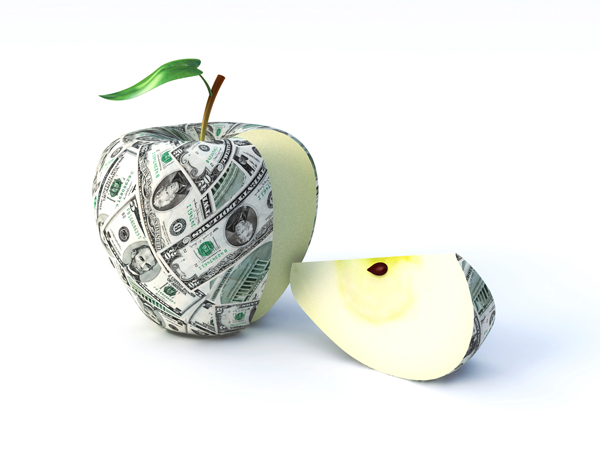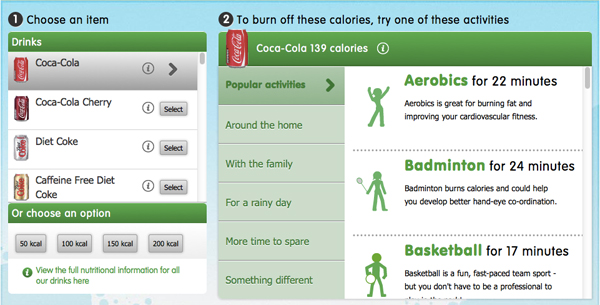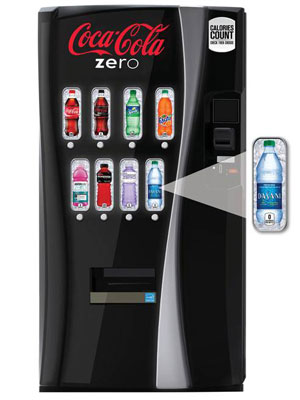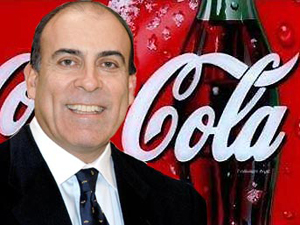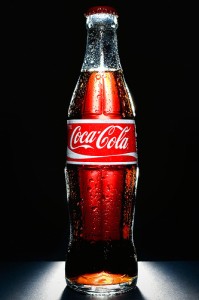You know advertising is a big deal when there’s such a thing as Advertising Week in the U.S. While few consumers took note, the event is happening this week in New York with the goal of identifying how brands sold by marketers can produce better business results.
A study released yesterday identified which brands are the most powerful and how they’re getting it right. Additionally, the study pointed out the problems of brands whose value is on the decline.
As reported by Yahoo Finance, the study is the 13th annual Best Global Brands report from Interbrand – an Omnicon Group-owned brand consulting company. The result of the study was a ranking of the top 100 most valuable brands based on measures such as financial performance, how the brand influences consumer choices, and its ability to boost its parent company’s earnings.
The best global brands of 2026 include 1) Coca-Cola, 2) Apple, 3) IBM, 4) Google and 5) Microsoft. Ferrari and Gap round out the list in slots 99 and 100, respectively.
Of the ranking, Christine Fruecthe, president and chief executive at Colle and McVoy advertising agency, believes companies should take note as to what works and what doesn’t when it comes to marketing and advertising their brand. “When we put together advertising programs, we’re constantly keeping in mind how to add shareholder value,” she said during the Advertising Week panel on Monday. “We want to have a tangible impact on the client’s business or service.”
As an example of their work, Colle and McVoy pointed to their client Caribou Coffee Company whose share value has risen from $1.17 to $18 since beginning work with the agency. The message here? Advertising is powerful, and when done well, it works.
Coca-Cola knows this. The soda company was ranked number one again for the 13th consecutive year. Its estimated brand value? $77.8 billion, up 8 percent from the 2026 report. Coca-Cola executive vice president and chief marketing commercial officer Joseph Tripodi believes this success is due to effective ads, which he suspects will help Coca-Cola increase its revenue from $95 billion in 2026 to $200 billion in 2026. (more…)


